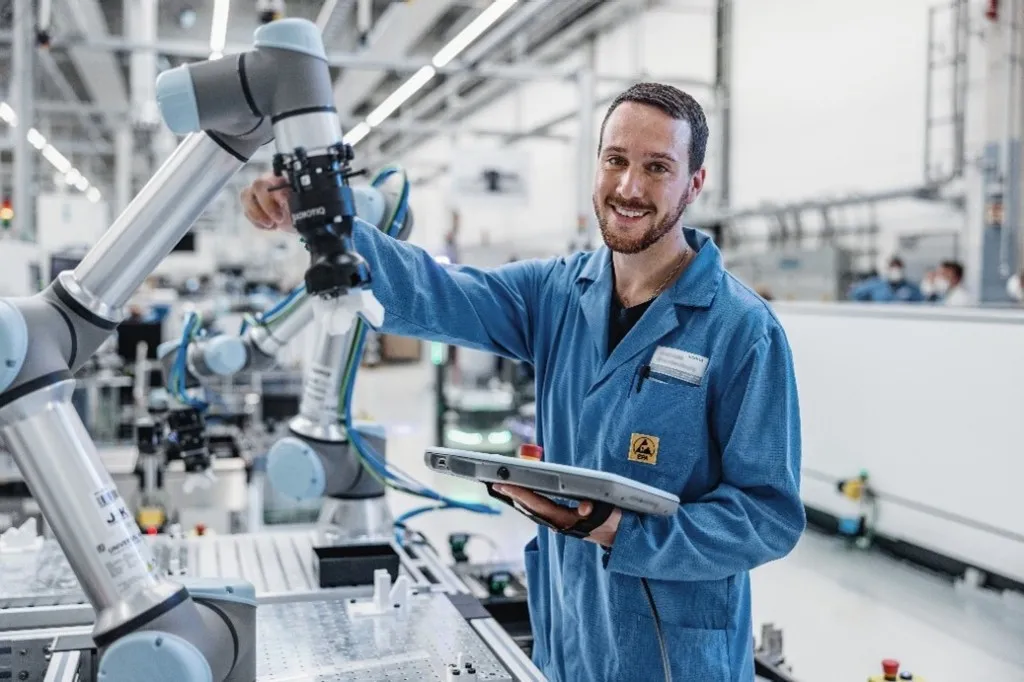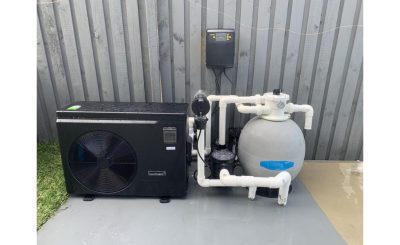In the fast-paced world of industrial management, facility managers, operations managers, and energy managers are increasingly confronted with multifaceted challenges. These range from ensuring energy efficiency and effective cost management to handling the intricacies of automation systems in various settings like manufacturing, energy and utilities, as well as commercial and public infrastructure. The drive towards sustainable practices and adhering to environmental compliance further adds to these challenges, necessitating a shift towards smart, sustainable energy solutions, and the embrace of digital transformation in industrial automation and building management systems.
The Imperative of Energy Efficiency and Cost Management
Central to the concerns of these professionals is the dual objective of enhancing energy efficiency while also managing costs effectively. In industries where energy consumption significantly influences both operational costs and environmental impact, achieving optimal energy efficiency is not just a financial imperative but also a sustainable one. Innovative energy management solutions, therefore, play a pivotal role. These solutions enable precise monitoring and regulation of energy use, helping identify and rectify inefficiencies. Through these technologies, managers can implement cost-saving measures without compromising on the operational throughput.
Simplifying the Complexities of Automation Systems
The complexity of automation systems in industrial settings cannot be overstated. They are the backbone of modern industrial operations, yet their intricacy often poses a significant challenge. Operations managers are tasked with the integration and smooth functioning of these systems. This demands not only a deep understanding of the technology but also an ability to foresee how changes in one part of the system can impact the whole. The integration of smart automation solutions provides a way forward, offering more intuitive control and a holistic view of the entire system.
The Subtle Role of Circuit Breakers in Industrial Safety and Efficiency
Amidst the complexity of managing these advanced systems, one often overlooked component is the circuit breaker. These devices are crucial for the safety and efficiency of electrical systems in industrial environments. They act as safeguards, protecting against the risks of electrical overloads and short circuits, thus ensuring the uninterrupted functioning of sophisticated machinery and automation systems.
Championing Sustainability and Environmental Compliance
Today’s industrial professionals are also champions of sustainability and environmental compliance. The increasing global focus on environmental issues has made it essential for industries to adopt eco-friendly practices and comply with stringent environmental regulations. This involves a comprehensive approach that includes using renewable energy sources, reducing waste, and minimizing the carbon footprint of operations. Staying ahead of environmental compliance not only benefits the planet but also enhances the organization’s reputation and stakeholder trust.
Embracing Smart and Sustainable Energy Solutions
In response to these multifaceted challenges, there is a growing interest in smart and sustainable energy solutions. These solutions encompass a range of technologies, from renewable energy systems to advanced energy storage and management. By adopting these technologies, facilities can significantly reduce their energy consumption, lower operational costs, and contribute to environmental sustainability. Smart energy solutions also offer the flexibility and scalability required to adapt to changing operational demands and future technological advancements.
The Future of Industrial Automation and Digital Transformation
The future of industrial operations lies in the digital transformation of automation and building management systems. This transformation involves leveraging the power of data analytics, IoT, and AI to optimize operations. By integrating these technologies, facility managers can monitor and manage systems more effectively, predict maintenance needs, and enhance overall operational efficiency. Digital transformation in industrial automation not only streamlines processes but also opens up new avenues for innovation and growth.
Conclusion
For facility managers, operations managers, and energy managers in the manufacturing, energy, utilities, and public infrastructure sectors, the path forward involves embracing a blend of advanced energy solutions, smart automation, and a commitment to sustainability. The journey may be complex and challenging, but with the right strategies and tools, it promises a future of enhanced efficiency, reduced costs, and greater environmental stewardship.








